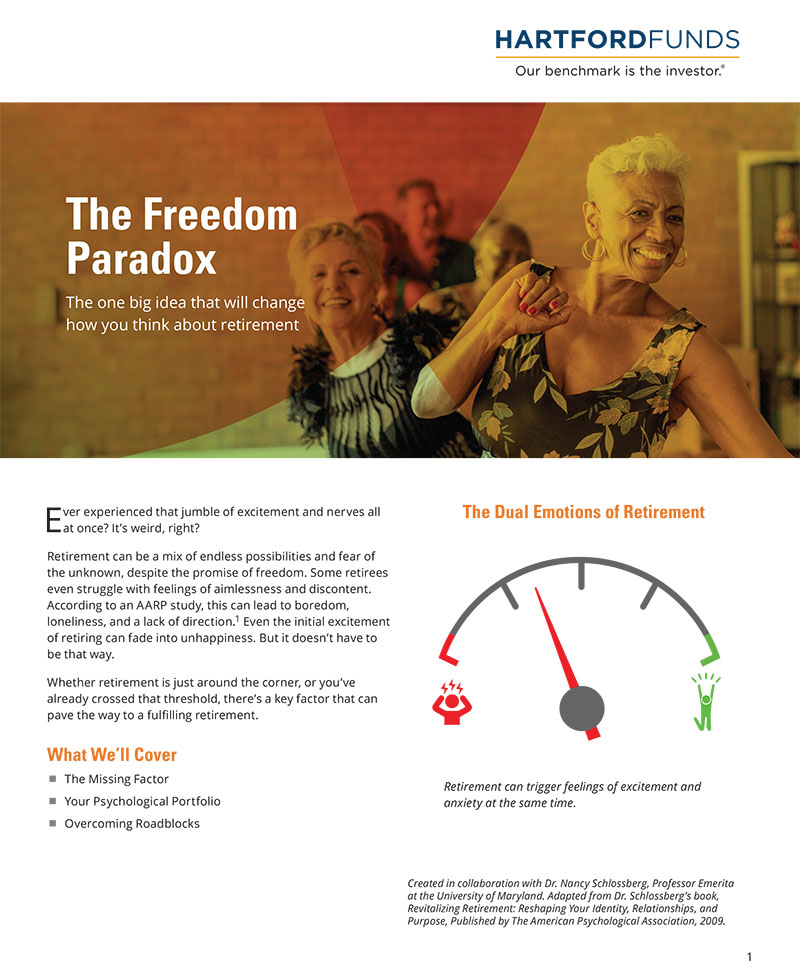Aging Rebels Don’t Give Up: They Reinvest in Life
A group known as “Aging Rebels,” who are in their seventies, eighties and nineties and members of the Senior Friendship Centers in Sarasota, Fla., meet regularly to discuss issues that can press hard on us during the last third of life.
They ask, and answer, questions like these: Am I living in the right place? Can I deal with loneliness during the pandemic? How do I build relationships with family, partners, friends, and colleagues? How do I cope with losses that accompany aging? How can I build resiliency?
Here’s how a few of them have found the answers they were looking for:
Creating New Paths and Reframing Loss
Some Aging Rebels have crafted paths that help them remain in the moment after a devastating loss or multiple losses. Like Henry (who, like other Aging Rebels, prefers not to reveal his last name).
Henry represents the power of moving beyond yourself and caring for others, also known as the helper-therapy principle.
His father died when Henry was 16. In his 40s, Henry had a divorce followed by the unexpected death of his mother. This double-whammy left him feeling temporarily shut down and has reverberated throughout his life since then. Nevertheless, Henry has had a nourishing relationship with a cousin, an extended family, a close friend, and a second wife.
Perhaps most important for his dealing with loss, Henry developed a spiritual side, working with an old friend to develop a program training interfaith chaplains. He then helped start a singing group supporting people in hospice care. Lately, Henry has been helping other older adults write their memoirs.
Henry represents the power of moving beyond yourself and caring for others, also known as the helper-therapy principle.
Redefining Expectations
Beryl is an Aging Rebel who found a way to redefine the holidays when she was feeling isolated and lonely in the pandemic.
She has lost her best buddy, a close colleague and many other good friends. Given the limits on traveling during the Covid pandemic, Beryl had no friends with whom to celebrate Thanksgiving last fall. But she realized she could be alone without being lonely.
Beryl made a delicious turkey breast along with her favorite cranberry sauce, and ate a lovely lunch by herself, followed by watching one of her favorite movies on Netflix.
She consciously decided to reframe her holiday, redefining it from the Norman Rockwell version to an opportunity to create new holiday traditions, ones that were different but still enjoyable and meaningful.
Beryl was experiencing what’s sometimes called a “non-event.” That’s a tradition or event that you expect to occur — but doesn’t.
Reinventing Yourself
Samantha has found ways to reinvent herself despite overwhelming losses that “kept piling up,” she said.
After ending a toxic relationship with her husband, she fell in love but that ended when she became aware her new partner was having multiple affairs. At the same time, one of Samantha’s daughters was killed in an accident. Samantha felt she wanted to die.
Over time, with the support of a therapist, she began to get her life in order.
In her 50s, she went back to school and became a licensed clinical social worker. Slowly, her self-esteem returned. She eventually met and married a loving man. At almost 84, despite a chronic illness, Samantha is about to retire from her psychotherapy practice to make time in her life for her volunteer work and her newfound passion for art printmaking.
Michael is another Aging Rebel who reinvented himself.
His loving wife died when he was 82; she’d also been his best friend and social director. Faced with creating a new life, Michael met regularly with a small group of men for lunch at the Senior Friendship Center. That led him to start a current events discussion group. It was so successful, another nonprofit invited him to replicate the group. Michael also started and co-led a group focused on aging issues, which eventually became the Aging Rebels.
Learning to Rebound
Other Aging Rebels, like Ruth, have learned to just let life take you along.
After Ruth’s husband died, she relocated to Florida and, at 97, moved into a retirement community where she met a man who became the love of her life. After he died when she was over 100, Ruth faced the reality that men would no longer be her focus.
As Ruth says: “I just go with the flow and enjoy life.”
So, she continued performing on the piano at private gatherings, playing bridge four times each week and taking charge of her investments. As Ruth says: “I just go with the flow and enjoy life.”
Joan was her husband’s caregiver as he developed dementia. She felt trapped, lonely and often frustrated. Both their families were up north and not able to help.
Taking care of him and their house was too much for Joan, so she and her husband moved into an apartment building downtown about five years ago. After Joan’s husband died, she realized what a wonderful community of caring women and staff were in her building. They all reached out to her, and she never felt alone. Many have since become her friends; they socialize, enjoy dinners and theater together.
Her advice: Keep looking, don’t give up.
Strengthening Existing Bonds
Stan is a very active man in his mid-80s who wants and needs attachments. But he is absolutely not interested in romance or intimacy.
He explains: “My wife was the love of my life. When she died after several years of fighting cancer, I was devastated. I knew that loss could never be replaced.”
To compensate, Stan has focused on relationships that are still central to his life: his three children, who rotate calling him daily and visit at least once a month; two sets of local in-laws; his biweekly men’s discussion group and other scattered friends in the community.
Stan’s advice: Nurture your existing relationships.
Forming a Bond with a Non-Human Companion
Irene, an elegant lady who was a media personality and singer, had it all – a fabulous career and an adoring husband. But when she was 82, her husband died and she lost her hearing and ability to perform.
Overwhelmed by grief, Irene discovered through an organization called Canine Companions that there are dogs specially trained to help those with hearing loss. After a two year wait, she became eligible to get one. These days, she’s totally invested in her relationship with her certified service companion: “Butter.”
The Lesson From the Aging Rebels
Unfortunately, as we age, there will inevitably be breaks in our attachments — because of illness, death, moving, vulnerability, and misunderstandings. To handle this, we need resilience, the emotional flexibility to grieve losses, while opening ourselves to new relationships and experiences, and savoring the surprises life has in store for us.
As one Aging Rebel says, “We are adventurers in this life, with no assurance that each adventure will work out as planned. But we must be willing to take risks.”


